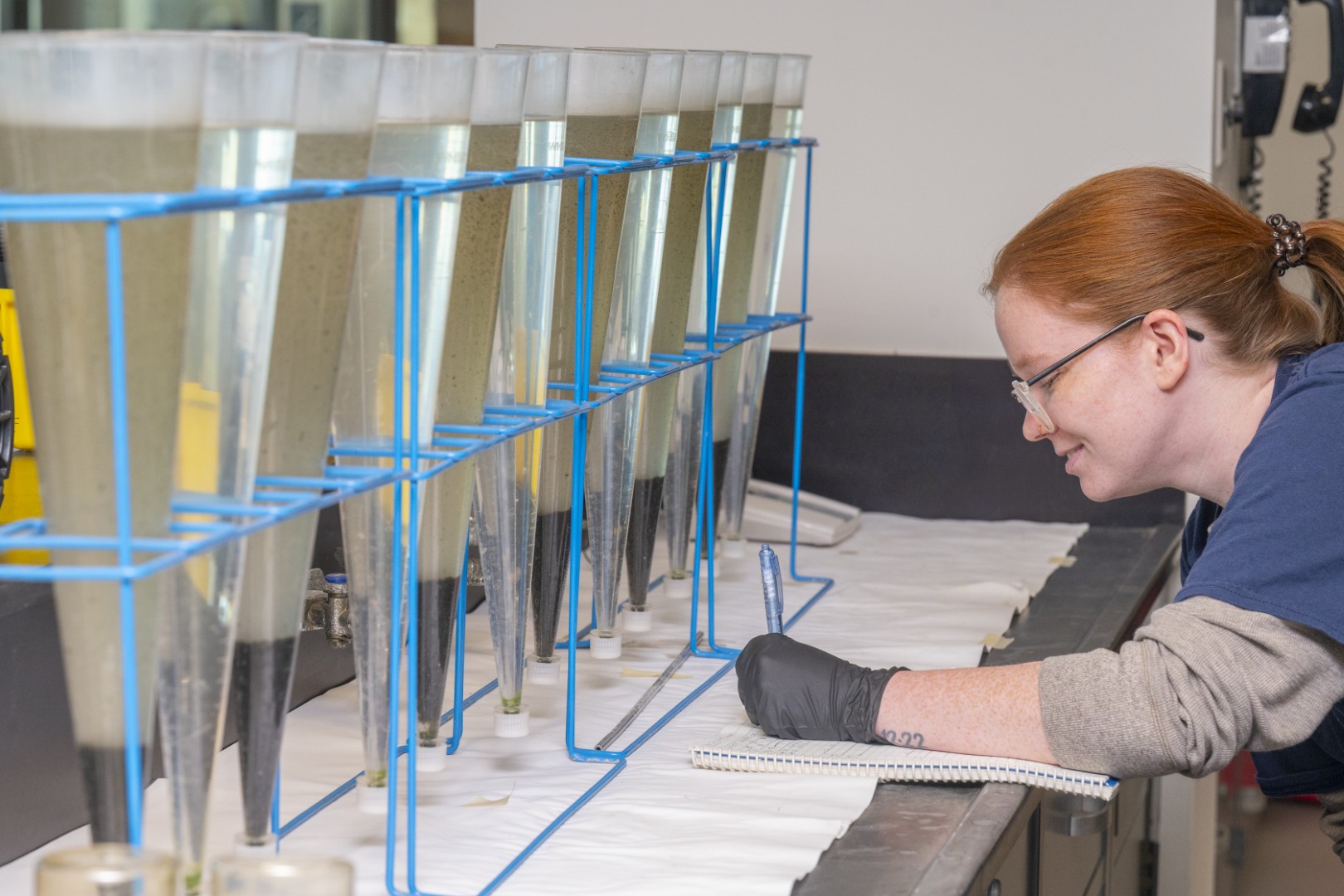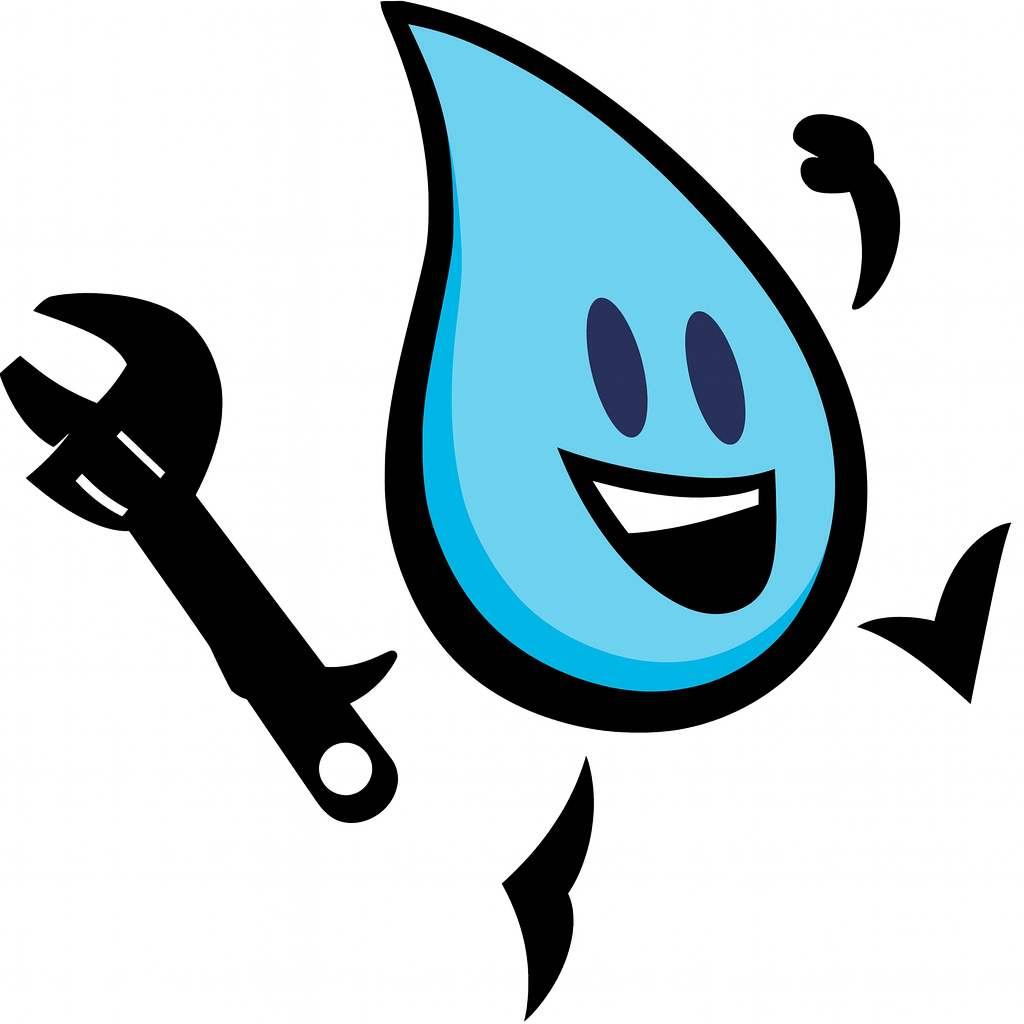Approximately 70% of water used in a household is used inside the home, with the bathroom using the most.
By replacing older, inefficient bathroom fixtures you can save:


Mark your calendar: Fix a Leak Week is March 18 through 24, 2024. Grab a wrench or contact your favorite handy person, plumber, or certified irrigation professional to address leaking toilets, faucets, showerheads, and irrigation systems around your home.